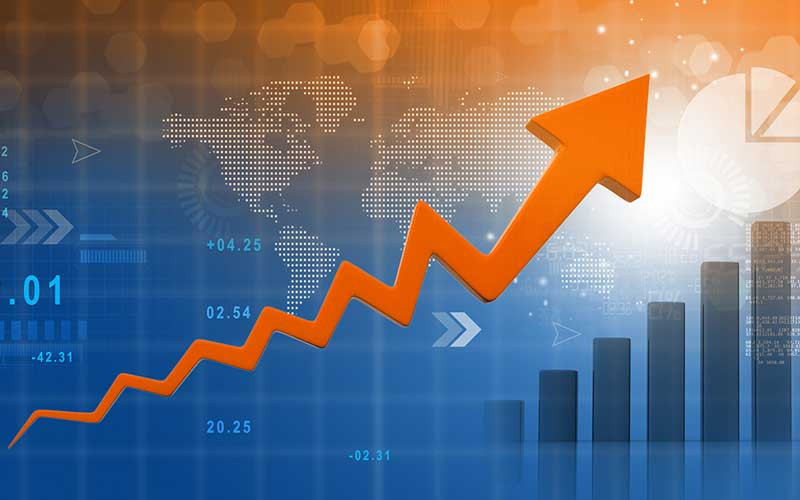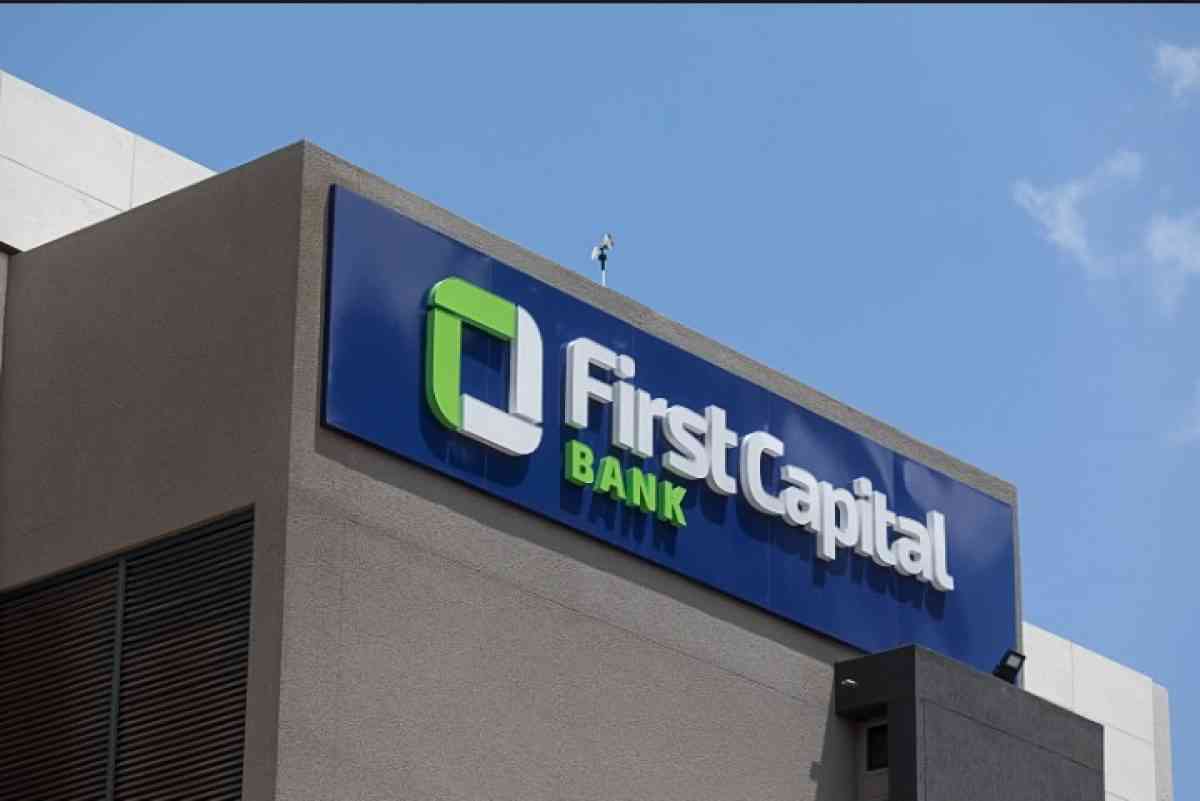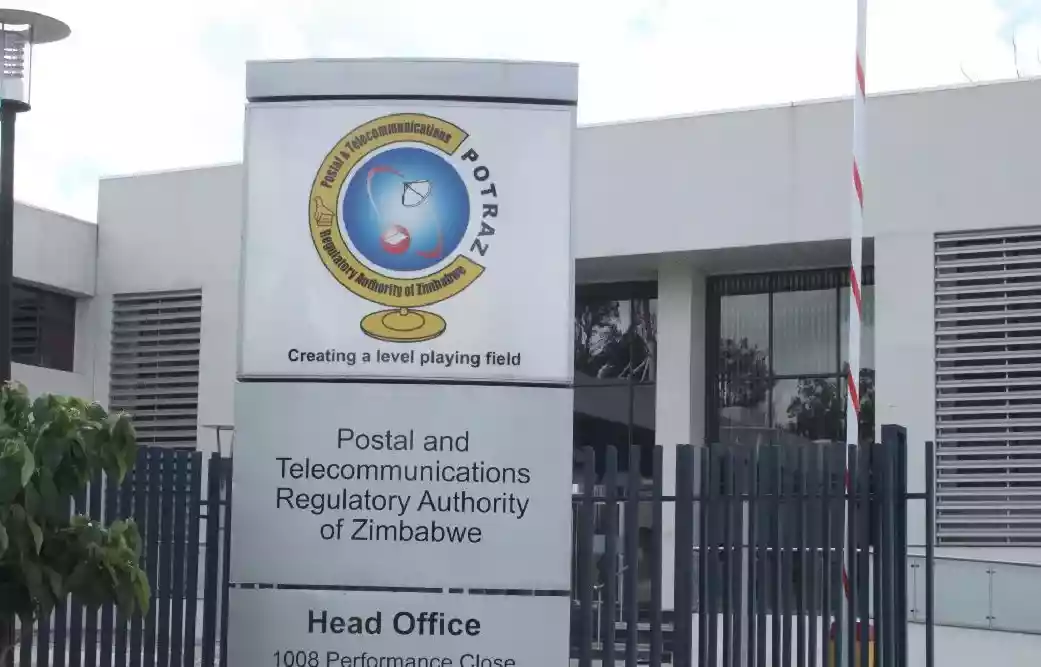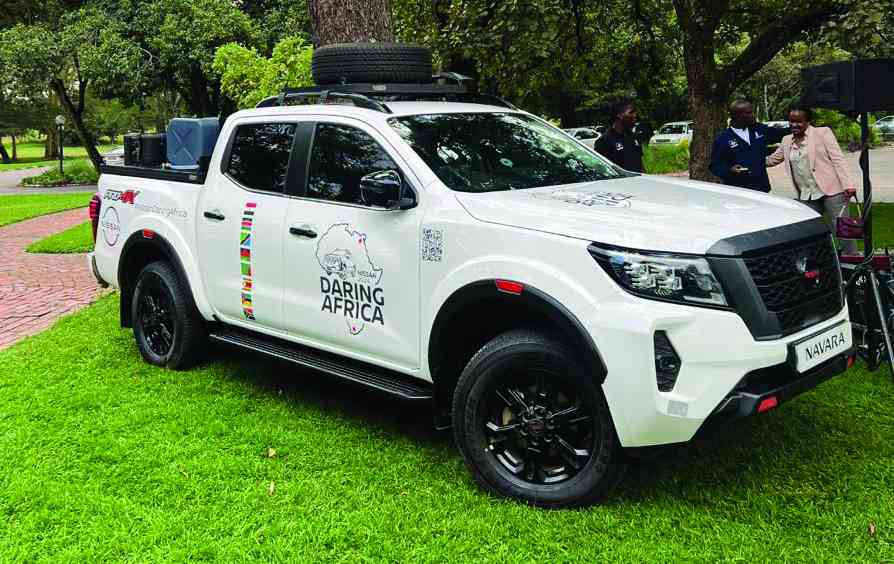
AS the country heads towards national elections on August 23 2023, economic development cannot be parked. The economy is currently characterised by high inflation, currency fatigue, struggling infrastructure, poor service delivery in cities and towns, and the list goes on.
While there has been a few signs of economic progress, to reach levels of Morocco, South Africa, Rwanda, Kenya, Mauritius, Namibia, and Seychelles, the country needs serious economic reconfiguration and modernisation.
Zimbabwe has great potential to be the Singapore, Dubai, and Switzerland of Africa. The country remains a virgin of vast economic opportunities in agriculture, mining, tourism, manufacturing, and services etc.
Post the upcoming national elections, economic modernisation will be the only viable option for healing the society, which has suffered economic wounds for a long time.
At the core, industrialisation, local beneficiation, quality infrastructure, central bank and financial systems reforms (Arnold, 2012), service delivery, corporate governance, and attracting quality investors should be prioritised.
Modern economic growth is characterised with an increase in economic production capabilities driven by diversified goods and services produced through technological advancement, changes in human behaviours, and social ideologies.
In Asia, China, Japan, South Korea, Singapore, Malaysia, and Indonesia provides leading cases of post political transition to economic modernisation.
Interestingly, Vietnam and Thailand are transitioning and modernising their economies, learning from their neighbours. Following World War II many countries in Europe suffered great destruction of infrastructure.
- ED heads for Marange
- ‘Zimbos dreading 2023 elections’
- Your Excellency, the buck stops with you
- We’ll unleash our dogs: Zanu PF
Keep Reading
Their post-war construction and economic modernisation provided an opportunity for healing their society. To date, countries like Germany, France, Italy, Japan, Poland, United Kingdom, Netherlands, Denmark, Sweden, and Turkey reconstructed and modernised their economies to be among the leading pack in the World (Statista, 2022).
Similarly in Africa, Rwanda and Kenya are modernising their economies post political transitions. If you visit Nairobi, you can see a city in modernisation, with the route to Mombasa being travelled by modern railway trains.
Economic modernisation has social healing effects, particularly, in countries that would have experienced political and economic suffering for a long time.
Modern economic growth has a long history dating back to 1800s in western countries like United States (US) and Great Britain post domestic political crisis.
Major cycles of economic modernisation were experienced post the great depression and WWII which saw the rise of Japan, UK, Germany, Canada, Norway, Sweden, Denmark, and Australia into the global economic arena. There is no doubt that the post political transition to economic modernisation played a healing role for their societies.
Rwanda provides a classic case of economic modernisation and growth healing effects on society.
If Rwanda’s post political crisis economy was fragile, conflicts could have re-ignited. This is something that the country’s leadership should be credited for.
But what can Zimbabwe’s post-election economic strategy be? How will the society be healed of the economic pains currently being experienced? The society has experienced deeper economic wounds, which cannot be healed by words. Modernising the economy to offer quality life and jobs could bring a sense of healing among the society.
However, this can only be achieved by making the difficult decisions. Covid-19 still bears emotional scars of the public health system.
In addition, the chaotic public transport system with the ‘Mushikashika’ continue to inflict daily mobility pains. Modern transport systems like Metro Light Trains and modern buses like those in countries like Mauritius, Morocco, and South Africa provides quality mass public transportation.
Mauritius through its cooperation with Singapore launched its Metro Express Light Rail Transport system in October 2022 similar to those in developed countries.
While the Harare-Beitbridge Road provides a baseline of economic development, constructing Metro Light Rail Systems in Harare and Bulawayo should be prioritised. However, this will require attracting quality and sustainable investors.
If you visit public institutions, you will experience the need to modernise the economy and systems. It is important to acknowledge that the Government of Zimbabwe has been pushing some pockets of developments in some institutions like the Passport Office, Victoria Falls Airport, Harare-Beitbridge Road, Hwange unit 7 and 8, and Robert Gabriel Mugabe (RGM) Airport Expansion.
Consequently, there is a huge gap between urban and rural development. Local authorities need to consider quality and modern house plans that provide quality life and modern economic systems.
The modernisation of Zimbabwe’s economy cannot be achieved by Government alone. The private sector has a greater role to play, which should be coupled with mindset change across the society.
Countries like China, Singapore, and South Korea provides classical cases of societal shift to modern economic growth.
Post the national elections, a great deal of political mind-set shift and detoxication to modern economic development mind-set will be key. This article draw lessons from the Father of Modern Singapore, Mr. Lee Kuan Yew. According to Thomas Gordon Plate (2013), the leader of Singapore inspired the Singaporean Citizens in building a modern economy that would find its place in the global economic space (Citizen Singapore: How to build a Nation, 2013). The building of a sustainable economic Singapore provides great lessons for Zimbabwe, particularly post the upcoming elections.
According to Plate (2013), Lee Kuan Yew had great admiration of China’s Deng Xiaoping’s boldness of abandoning the debilitating ideology of communist economics for opportunistic classical neo-capitalist or entrepreneurial reforms.
This was following the death of Mao Zedang in 1976, which uplifted millions of Chinese people out of poverty and brought realistic hope in a modern economy.
To date, China is one of the leading modern economies, which the US is now making great investments to catch up with its advancements. But what can Zimbabwe learn from this? Zimbabwe should strive for behavioural and mind-set change across the society by instilling a modern economic growth mind-set. The country has great potential to be the economic hub of Southern Africa due to a number of its competitive factors, which include educated and hardworking people, location, natural resources, weather, friendly people, tourism, and the list is endless. Zimbabwe will need a mindset shift and aspiring high standards and quality.
United Emirates provides a classical example of mind-set shift leading to the establishment of Dubai as an economic hub of the Middle East from a desert.
To date, Dubai continues to influence developments in Qatar, Oman, and Bahrain. Depoliticisation of public institutions, businesses, and society will be an urgent issue post the next election. It is time that ‘choosing progress instead of emotions’ be at the heart of the nation by building a national shared vision.
The economy should not be allowed to permanently remain in an election mode.
Post-election strategy for Zimbabwe should provide an opportunity for healing the economic wounds being experienced. Modernising the economy will give people hope, quality life, and believe in sustainable economic developments.
Countries like United Arab Emirates, Qatar, Mauritius, South Korea, Japan and Singapore have achieved modern economic growth coupled with quality life for their nationals. Economic modernisation is a discipline of realism not speculation, artificialism, theorisation or academic falsifications but tangibles. Sustainable economies are measured by the sustainable economic growth and a happy nationals who enjoy quality life. According to the World Happiness Report 2023, Finland, Denmark, Iceland, Israel, Netherlands, Sweden, Norway, Switzerland, Luxembourg, and New Zealand were the top 10 happiest countries in the World out of 137 countries with Zimbabwe being 134. Interestingly, the happiest countries operate modern economies. However, there is greater scope for the country to regain genuine happiness by modernising the economy, and infrastructure in addition to depoliticising and changing the mind-set.
In conclusion, Zimbabwe needs to urgently modernise its economic institutions, develop a sustainable economic model, financial systems and regulations, private sector corporate governance regulations, and Law and Order (Tucker, 2008).
Sustainability will be a defining factor for economic and private sector governance.
This will require embedding economic, environmental, social, and governance considerations across business and public sector decisions and operations. Zimbabwe has great opportunities for healing economic wounds by industrialising, creating quality jobs, building economic competitiveness, and instilling a sense of self-belief. The country can learn a lot from the Republic of Ireland, which is emerging to become the wealthiest country in the World.
- Ndamba is the chief executive of the Institute for Sustainability Africa, an independent think tank and research institute "advancing sustainability initiatives for Africa". These weekly New Perspectives articles, published in the Zimbabwe Independent, are coordinated by Lovemore Kadenge, an independent consultant, managing consultant of Zawale Consultants (Pvt) Ltd, past president of the Zimbabwe Economics Society and past president of the Chartered Governance & Accountancy Institute in Zimbabwe (CGI Zimbabwe). — [email protected] or mobile: +263 772 382 852.











